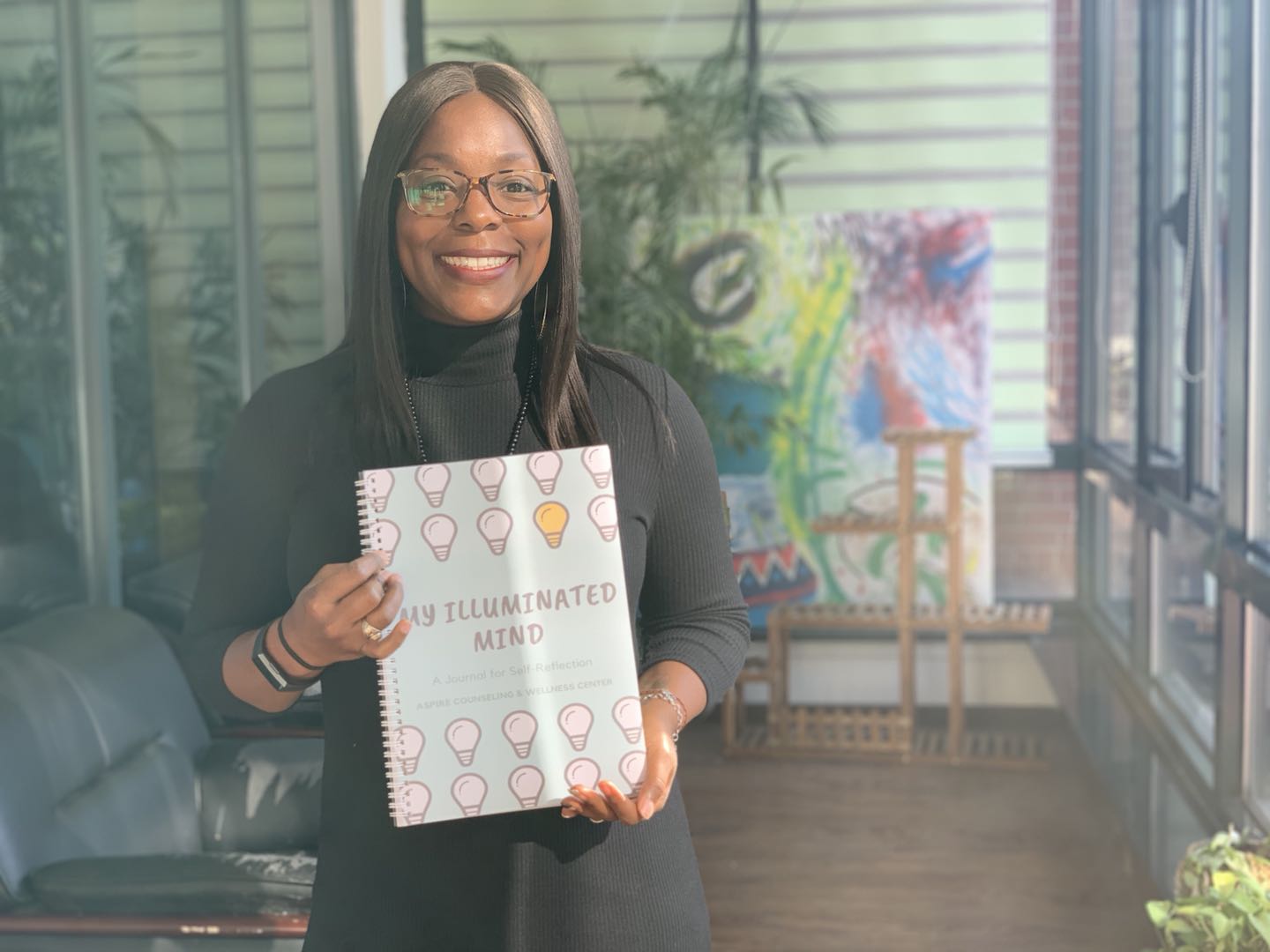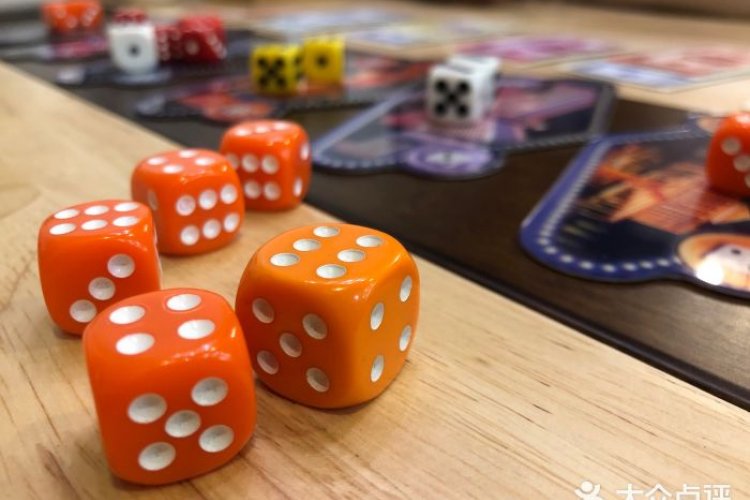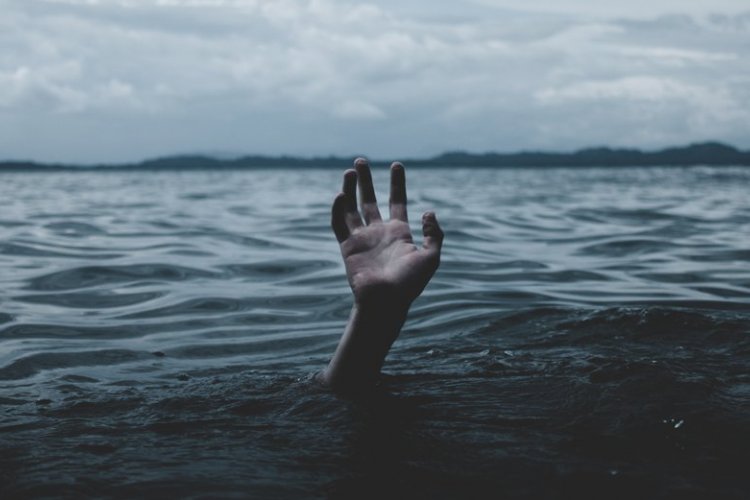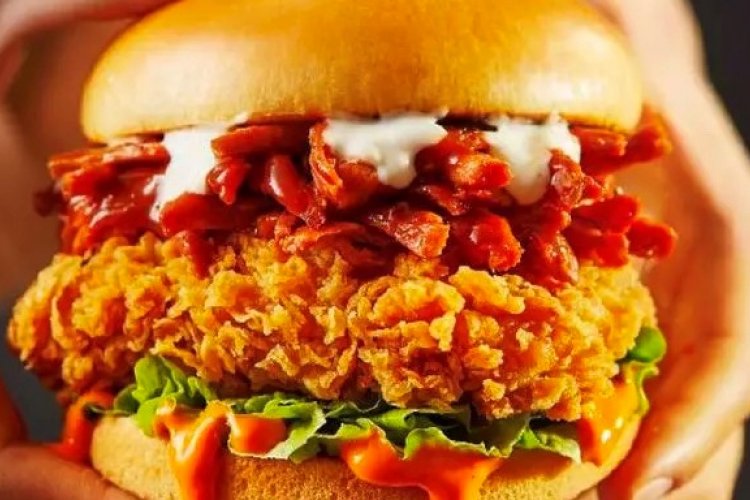A Guide to Coping with Holiday-Related Anxiety
The Christmas and New Year’s holidays are a source of joy the world over. It is a time when families and friends reunite to celebrate the year that has been and look forward to the new year. Even with the massive COVID-19 restrictions in place in the world over this year, people are still finding new and innovative ways to ensure they still get to see and spend time with those they love in this special time. But there is a darker side to the holidays, and it is a side rarely acknowledged by many. The holidays can be a source of great anxiety for quite a few people. Be it the stress of buying presents, or organizing a fantastic party for the family, or traveling back home, and even the dread that comes with spending time with family members we don’t exactly like, the holidays are rife with anxiety-inducing pitfalls.
Children can also particularly be affected by the holidays and can suffer bouts of anxiety. It is important for us all to not only shield ourselves from sources of holiday-related anxiety but to ensure our kids are kept safe as well. Our sister magazine, beijingkids spoke to Kindall Tyson, psychologist and Senior School Counselor at Dulwich College Beijing (DCB), on the telltale signs of holiday anxiety, its triggers, and how best to handle it when it does rear its less than the festive head.

How do holidays affect mental health?
The holiday season can be a time of joy, connection, and happiness for some- further reinforcing their mental health and wellness, feelings of belonging, and their optimism about the future. On the other hand, for some people, the holiday season can be a time of heightened stress, anxiety, grief, and depression. For individuals that have a mental health diagnosis, the holidays can intensify negative feelings-making it more challenging to manage their mental health and wellness. It’s important that people remain aware of any changes in their mood and functioning and seek help when needed. Also, to help ameliorate any potential negative effects of the holidays, it’s prudent to create a holiday plan, engage in meaningful self-care, and stay connected to trusted friends, chosen family, and loved ones.
Are some conditions affected by the holiday season more than others?
High expectations, loneliness, and stress can exacerbate certain mental illnesses during the holiday season. In most cases symptoms are temporary; however, they can intensify if they last for more than two weeks, leading to clinical anxiety and/or depression. According to a recent survey, the National Alliance on Mental Illness (NAMI) reports that approximately 24% of people with a diagnosed mental illness find that the holidays make their condition “a lot” worse.

What are the treatment for holiday depression, anxiety, and stress?
(KT) If you notice that you are experiencing symptoms of increased stress, anxiety, and depression, the following are some suggestions to help you improve your symptoms:
- Acknowledge your feelings without judgment
- Reach out for help if your symptoms persist (seek professional help before your symptoms become unbearable)
- Minimize your alcohol and caffeine intake
- Get plenty of sleep
- Eat healthily
- Implement a consistent exercise routine
- Try different relaxation exercises, meditation, or yoga
- Stay connected to your support network
- If you take prescribed medication, adhere to your medication management schedule
Is it possible to prevent holiday anxiety, stress, and depression?
The holidays can be a time of year that unearths challenging memories, experiences, and emotions, and dealing with difficult emotions such as stress, anxiety, and depression during the holidays is not uncommon. While we may not be able to extinguish all of our negative emotions, we can implement strategies that help to alleviate the frequency, intensity, and duration of the stress, anxiety, and depression that can be associated with the holiday season. One of the most important things that we can do is to understand our triggers and be proactive in how we will manage our mental health and self-care during the holidays.
This article was originally posted on our sister site, beijingkids.
READ: Penny For Your Thoughts? Accessing Mental Health in Beijing
Images: Photos: Kindall Tyson, Unsplash








